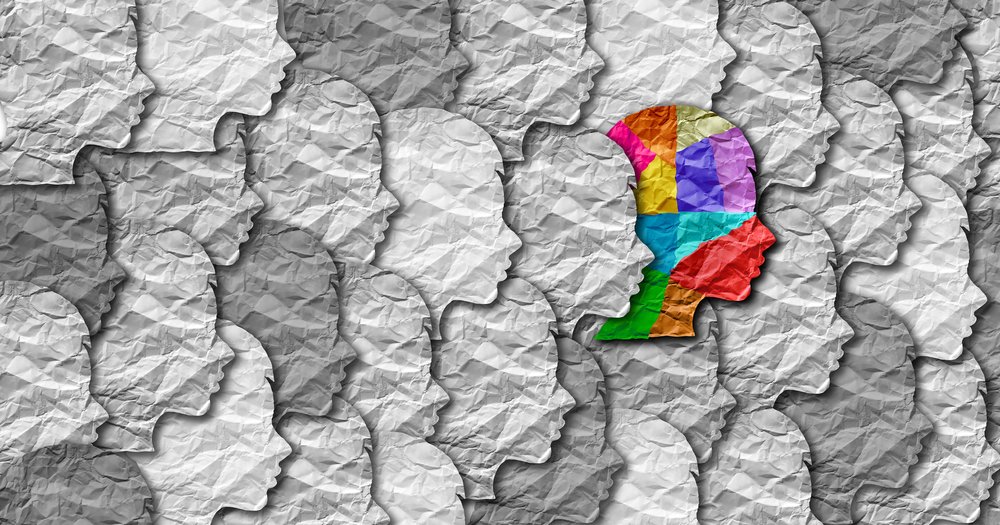
Imagine this: You have been challenged by some struggles in life for a while and discovered that now it is time to use some professional help. You’re aware that it takes team work to achieve success in your counseling journey. Now there is only one thing left: to choose the right therapist for yourself.
Well, let’s be honest about it: The complexity and severity of your struggles deserve some respect. If they were a piece of cake, your misery could have been ended long ago; if you can fix it alone with some self-help books or podcasts, you would’ve moved on already. It does take teamwork between you (the expert on yourself) and your ideal therapist (the professional in the room) to overcome what held you back.
But how do you choose the right therapist for yourself?
If trying to find the right fit overwhelms you, then you need to read on. I will explain to you the top 5 must-have qualities your ideal therapist will possess. The rest of this article will guide you in making the right decision while selecting the most important teammate in your counseling process.
1. Competence:
By this I mean 3 things: knowledge, experience, relationship building skills. Your ideal therapist shall be able to establish rapport with you and help you deal with what impacted you the most with their knowledge and experience.
· Knowledge: Did he /she know enough about the population whose characteristics you share or the issue that bothers you? For example, compared to the general public, working with adults with childhood traumas definitely requires special skills, and thorough understanding.
· Experience: How long has he/she dealt with a specific issue? What percentage of their work is about treating the conditions that concern you? I know that I will definitely go for a dentist instead of a primary care physician if I have toothaches even though both of them are medical doctors.
· Relationship building skills: Scientific research indicated that instead of treatment approaches, positive professional relationship between clients and therapists is the major contributor to treatment success. If you don’t feel comfortable with your prospective therapist, chances are he/she is not a good fit for you. Move on and interview another therapist.
2. Professionalism:
There are many things to consider when we try to gauge the level of professionalism in a therapist.
· Punctual: does he/she start AND end the session on time?
· Responsive: Does it take longer than 48 hours or 2 business days for the therapist to respond to client’s questions?
· Patient: is he/she willing to hear you out? Do you feel heard or validated?
· Communicative: is he/she a strong communicator?
· Ethical / trustworthy: does he/she adhere to prescribed code of ethics, like refrain from having personal / dual relationships with you? For example, therapists shall not allow clients to accumulate debt to them; therapists are not supposed to be client’s personal friends or have personal relationship with client’s spouse, friends and family. Also, your ideal therapist shall put your treatment needs ahead of securing your favor and business.
(to be continued in the next blog)